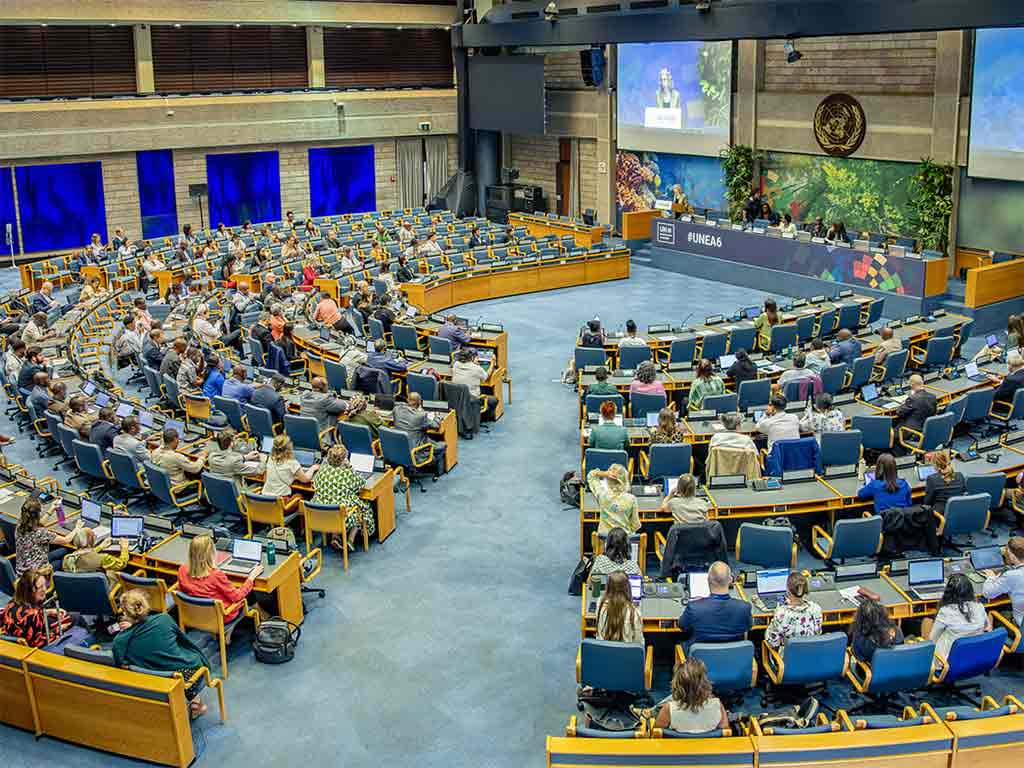According to the program, UNEA-6 is taking place in the Kenyan capital from February 26th to March 1st. An event focused on citizen science and its fundamental support for MEAs will take place on Wednesday. A Charter will also be presented on what needs to change to unlock this potential.
The session will have a panel to discuss citizen participation in the co-design processes of these agreements, after which interaction with the public will be enabled to learn their opinions on the matter. At the end of these activities there will be a joint presentation by the presidents of the Global Citizen Science Partnership and the Charter of the United Nations Science and Technology Major Group A for Citizen Science and MEAs.
A high-level dialogue on strengthening the science-politics interface for the effective implementation of environmental commitments will take place in parallel, to address “the need for transformational change” to face the three planetary environmental crises: climate change, the loss of nature and biodiversity, and pollution.
UNEA-6 will be attended by 150 ministers and deputy ministers from more than 180 countries, as well as a record five thousand delegates, including seven heads of state, experts, activists and industry representatives.
20 resolutions and two initiatives focused on topics such as the modification of solar radiation, mining, desertification, and the circularity of the sugar cane industry will be debated. Discussions will also target issues linked to highly hazardous pesticides, increasing the resilience of ecosystems, communities in the face of drought, and regional cooperation for air quality.
jrr/llp/oda/cdg









